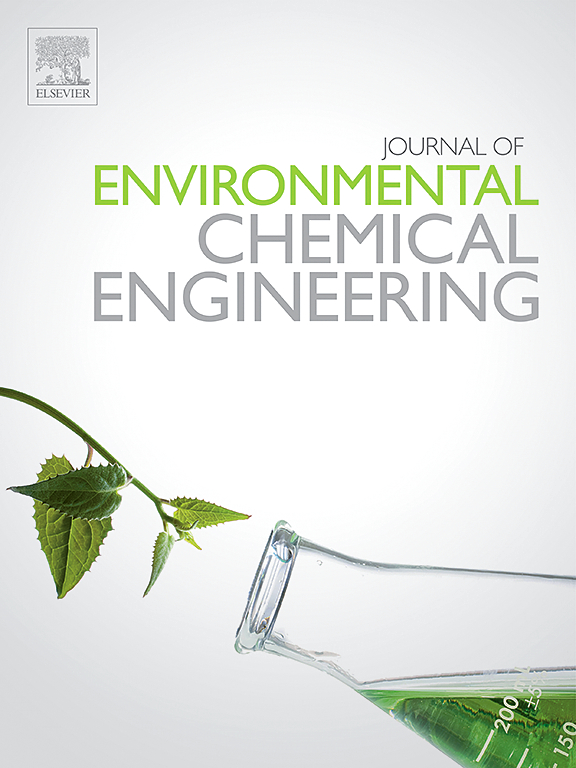二氧化碳催化转化为燃料化学品:进展、挑战和未来方向
IF 7.4
2区 工程技术
Q1 ENGINEERING, CHEMICAL
引用次数: 0
摘要
随着全球气候危机不断升级,减少温室气体排放势在必行。其中,二氧化碳的有效利用是实现节能减排、实现宏伟的“双碳”目标、保障国家能源安全的关键。本文综述了二氧化碳催化转化为C1燃料化学品(如甲醇、甲烷和甲酸)的最新进展。通过强调将二氧化碳转化为C1化合物对缓解能源短缺和促进可持续碳回收技术的重要性。详细讨论了目前的技术、反应机理和这些转化过程中涉及的代表性催化剂。尽管前景看好,但挑战依然存在,包括催化剂成本和效率,以及大规模生产的经济可行性。未来的研究方向是开发更高效、更经济的催化剂体系,优化反应条件,探索新的转化途径。预计技术的不断进步将使二氧化碳利用技术趋于成熟,为实现双碳目标和推进可持续能源技术作出重大贡献。本文章由计算机程序翻译,如有差异,请以英文原文为准。
Catalytic conversion of carbon dioxide into fuel chemicals: Progress, challenges, and future directions
The escalating global climate crisis necessitates a universal imperative to reduce greenhouse gas emissions. Among these efforts, the effective utilization of carbon dioxide (CO2) is pivotal for achieving energy conservation, emission reduction, the ambitious “dual-carbon” goals, and ensuring national energy security. This review critically examines recent advancements in the catalytic conversion of CO2 into C1 fuel chemicals, such as methanol, methane, and formic acid. By highlighting the significance of transforming CO2 into C1 compounds for alleviating energy shortages and promoting sustainable carbon recycling technologies. Detailed discussions cover current technologies, reaction mechanisms, and representative catalysts involved in these conversion processes. Despite the promising potential, challenges persist, including catalyst cost and efficiency, as well as the economic viability of large-scale production. Future research directions focus on developing more efficient and cost-effective catalyst systems, optimization reaction conditions, and exploring novel conversion pathways. Continuous technological advancements are anticipated to mature CO2 utilization technologies, significantly contributing to the realization of dual-carbon objectives and the advancement of sustainable energy technologies.
求助全文
通过发布文献求助,成功后即可免费获取论文全文。
去求助
来源期刊

Journal of Environmental Chemical Engineering
Environmental Science-Pollution
CiteScore
11.40
自引率
6.50%
发文量
2017
审稿时长
27 days
期刊介绍:
The Journal of Environmental Chemical Engineering (JECE) serves as a platform for the dissemination of original and innovative research focusing on the advancement of environmentally-friendly, sustainable technologies. JECE emphasizes the transition towards a carbon-neutral circular economy and a self-sufficient bio-based economy. Topics covered include soil, water, wastewater, and air decontamination; pollution monitoring, prevention, and control; advanced analytics, sensors, impact and risk assessment methodologies in environmental chemical engineering; resource recovery (water, nutrients, materials, energy); industrial ecology; valorization of waste streams; waste management (including e-waste); climate-water-energy-food nexus; novel materials for environmental, chemical, and energy applications; sustainability and environmental safety; water digitalization, water data science, and machine learning; process integration and intensification; recent developments in green chemistry for synthesis, catalysis, and energy; and original research on contaminants of emerging concern, persistent chemicals, and priority substances, including microplastics, nanoplastics, nanomaterials, micropollutants, antimicrobial resistance genes, and emerging pathogens (viruses, bacteria, parasites) of environmental significance.
 求助内容:
求助内容: 应助结果提醒方式:
应助结果提醒方式:


